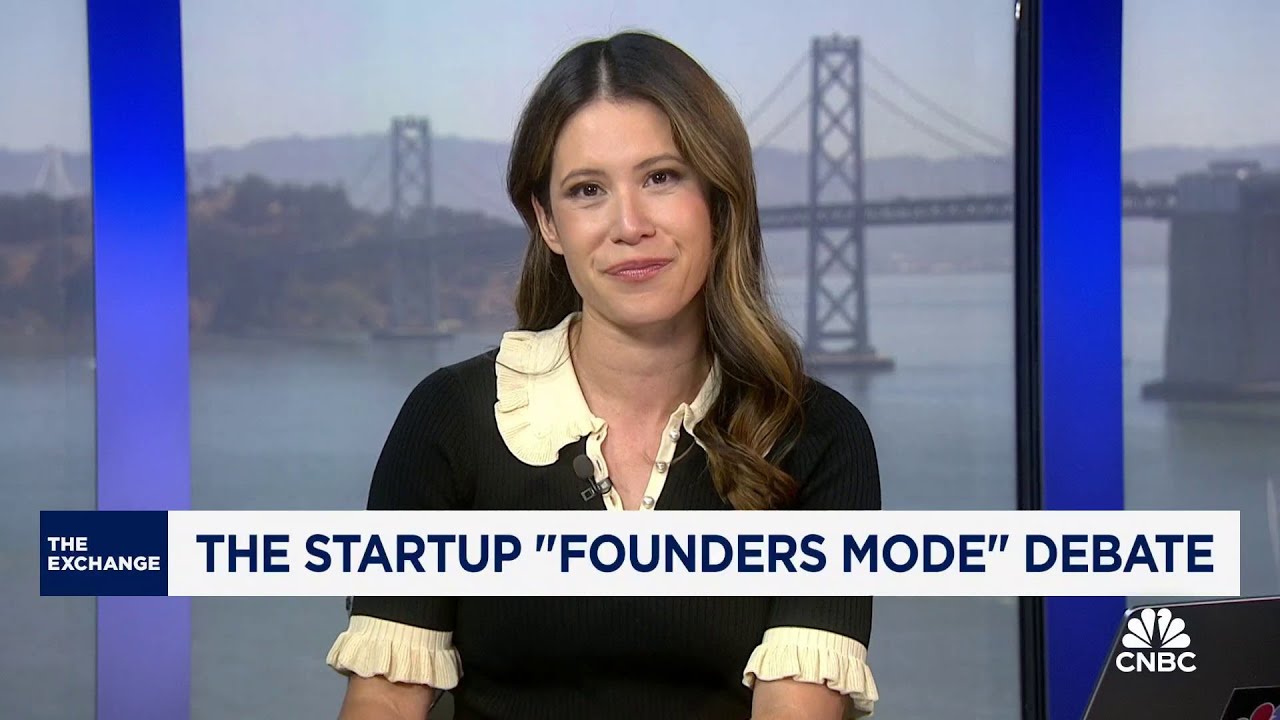OpenAI is considering changes to its organizational structure as it prepares for a funding round that could value the company at over $100 billion, raising concerns about maintaining innovation while transitioning to a more mature organization. CEO Sam Altman faces the challenge of adapting his leadership style amidst an influx of new talent and the broader debate on the role of founders in scaling tech companies.
OpenAI is reportedly considering changes to its organizational structure as it prepares for a funding round that could value the company at over $100 billion. This transition comes at a time when the AI industry is rapidly evolving, and sourcing information for chatbots has become a contentious issue. The company, which operates as a hybrid entity with both a nonprofit foundation and a for-profit arm, may need to reassess its structure to accommodate potential investments from major players like Apple and NVIDIA.
The current structure of OpenAI has raised questions about how it can maintain its innovative spirit while transitioning into a more mature organization. As the company grows, it faces the challenge of balancing the need for structure and management with the desire to retain its original entrepreneurial grit. The influx of new talent, particularly since the launch of ChatGPT, has brought in experienced professionals from other tech giants, which could influence the company’s direction.
Concerns have been raised about the potential pitfalls of scaling a startup, particularly the risk of losing innovation when transitioning to a more managerial approach. Some founders argue that this shift often leads to hiring “professional fakers” who may not align with the company’s original vision. This sentiment reflects a broader debate within the tech industry about the role of founders and the necessity of evolving leadership styles as companies mature.
Sam Altman, OpenAI’s CEO, is highlighted as a key figure in this discussion. Despite challenges faced in the past, he has managed to retain significant control over the company. However, as OpenAI continues to grow, questions arise about whether Altman will need to adapt his leadership style to fit the evolving needs of the organization. The ongoing conversation about the role of founders in scaling companies remains a pertinent topic in the tech landscape.
The dialogue also touches on the broader implications of leadership transitions in tech companies. The difficulty of finding effective professional managers who can successfully guide large organizations is emphasized, drawing parallels to sports teams where coaching changes can lead to varying degrees of success. Ultimately, the conversation reflects the complexities of navigating growth in the tech industry while maintaining a commitment to innovation and original vision.
